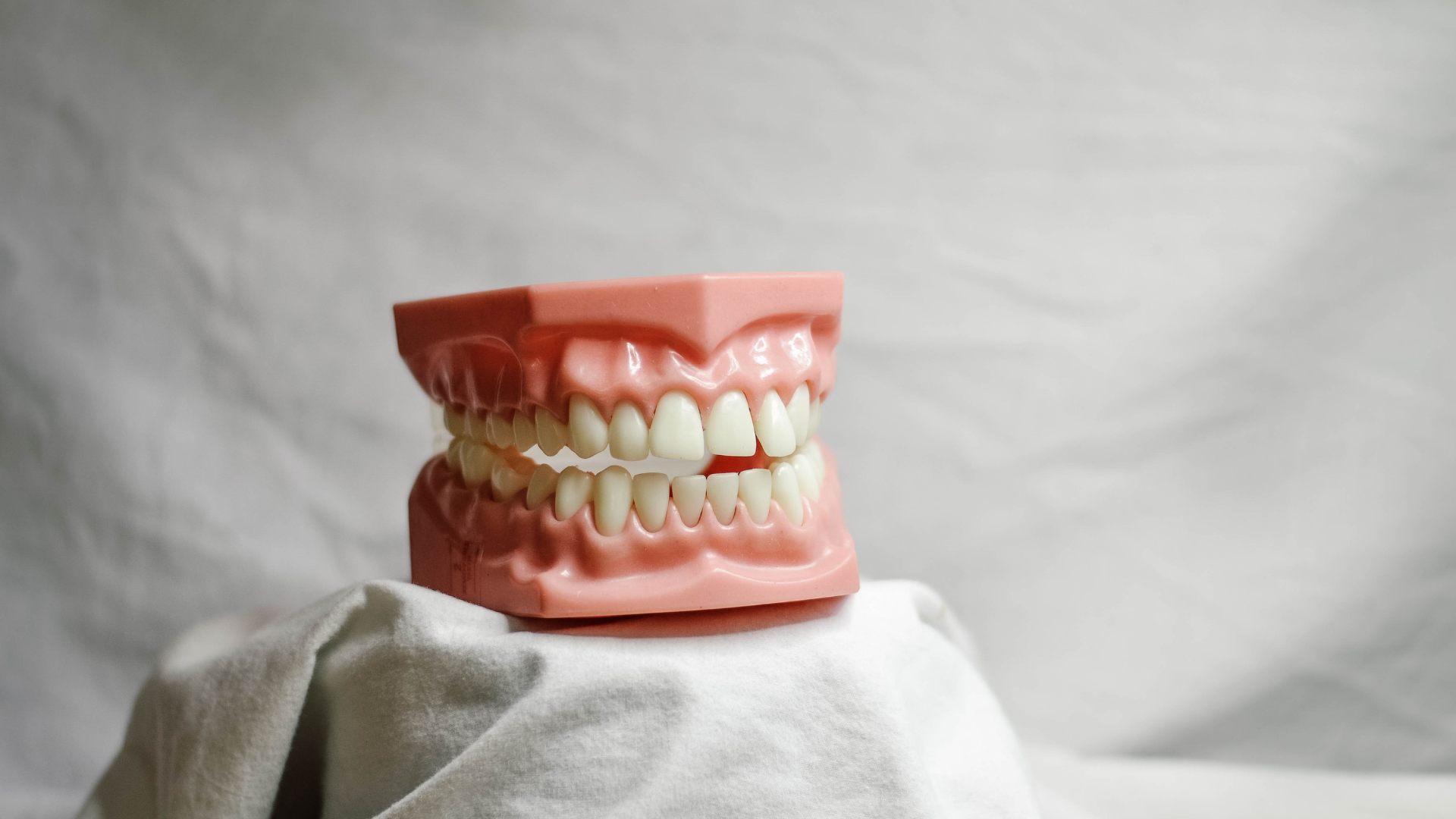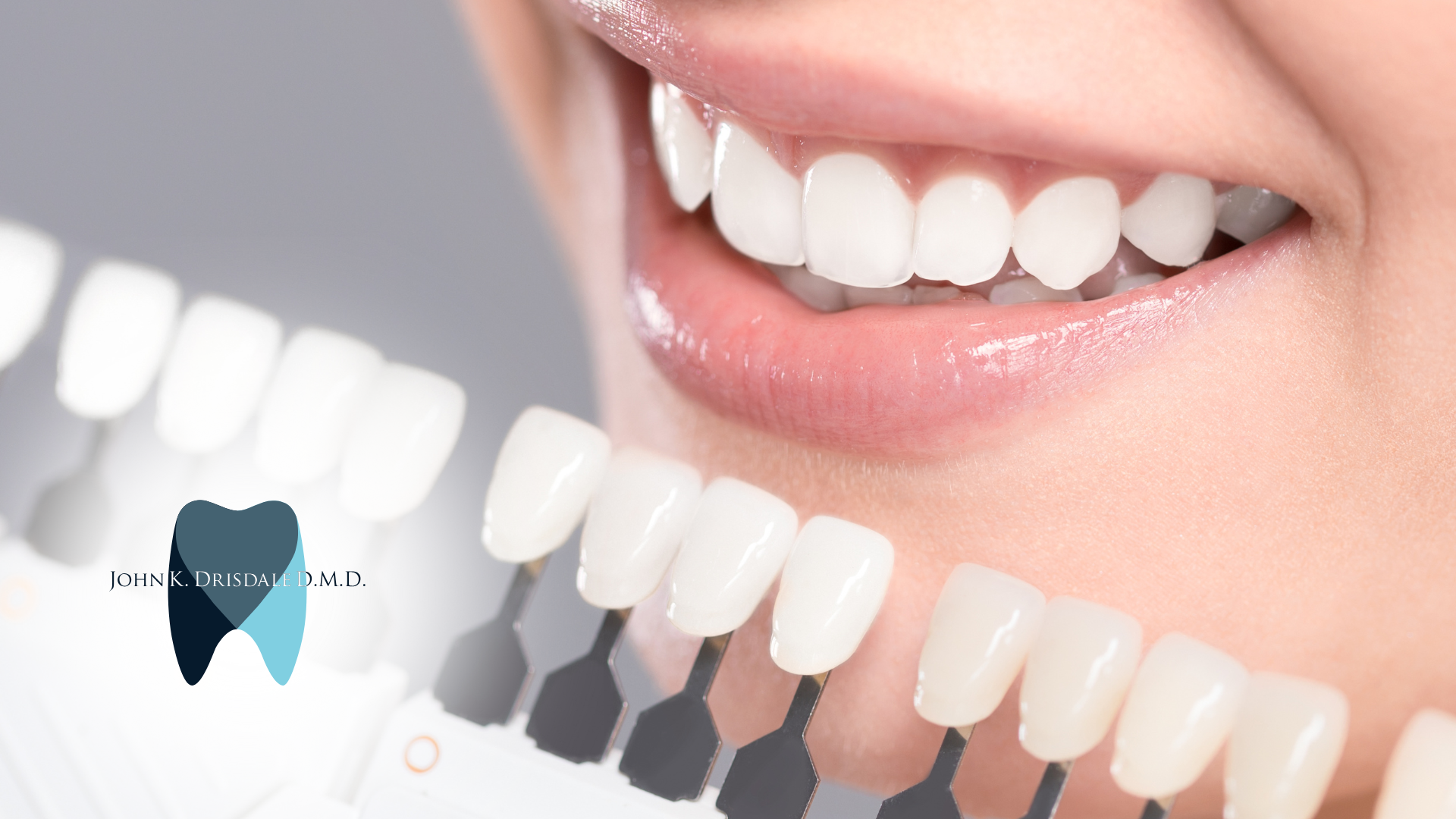Dental Crowns in Midland: Expert Care from John K Drisdale DMD

For those dealing with a damaged, weakened, or misshaped tooth, a dental crown can be an excellent solution to restore both function and aesthetics. Dental crowns are a versatile treatment option designed to protect, strengthen, and enhance smiles. At the practice of John K Drisdale DMD, patients receive personalized, expert care to ensure optimal outcomes. This guide will cover what dental crowns are, when they’re necessary, the procedure, and the benefits of choosing Dr. Drisdale for dental crown treatment in Midland, TX.
What Are Dental Crowns?
A dental crown is a custom-made cap placed over a damaged or compromised tooth to restore its shape, strength, and appearance. Crafted from durable materials like porcelain, ceramic, or metal, crowns offer lasting protection and blend seamlessly with natural teeth for a natural look.
Dental crowns in Midland provide a practical solution for a range of dental concerns, from protecting weak teeth to completing cosmetic restorations. John K Drisdale, DMD, a dentist in Midland, TX, offers expert guidance and treatment to ensure each patient’s dental needs are met with precision.
When Are Dental Crowns Necessary?
Dental crowns address several situations where a tooth may require extra support or protection. Here are some common reasons a crown may be recommended:
- Restoring a Broken or Cracked Tooth: Teeth can break or crack due to injury, decay, or general wear. Crowns cover and protect these teeth, preventing further damage.
- Protecting a Weak Tooth: Some teeth are at risk of fracture after extensive decay or large fillings. Crowns stabilize and strengthen these vulnerable teeth.
- Completing a Root Canal Treatment: Teeth that undergo root canal therapy often need additional protection. A crown provides a secure cover that reinforces the tooth’s structure.
- Enhancing a Tooth’s Appearance: Crowns offer an excellent cosmetic solution for teeth with significant discoloration or misshaping, providing a uniform, attractive appearance.
- Anchoring a Dental Bridge: Crowns help support dental bridges, filling gaps left by missing teeth and restoring the function and aesthetics of a complete smile.
A comprehensive consultation at Dr. Drisdale’s Midland office determines if a crown is the most appropriate treatment for each patient’s dental needs.
The Dental Crown Procedure at John K Drisdale DMD
The dental crown process at John K Drisdale DMD is efficient, comfortable, and tailored to individual needs. Here’s what patients can expect:
- Initial Consultation and Examination
The process begins with a thorough examination, which may include X-rays to assess the condition of the tooth. This examination helps the dentist determine if a crown is the best treatment. - Tooth Preparation
The dentist then prepares the tooth by removing a portion of enamel to make room for the crown. This ensures a snug, comfortable fit. An impression of the tooth is taken to create a custom crown. - Temporary Crown Placement
While the permanent crown is crafted, a temporary crown protects the tooth and allows normal function until the final crown is ready. - Final Crown Placement
At the final visit, the dentist checks the fit and appearance of the permanent crown and makes any necessary adjustments before securing it in place. The result is a durable restoration that blends seamlessly with surrounding teeth.
Why Choose John K Drisdale DMD for Dental Crowns in Midland?
Dr. John K Drisdale is a respected dentist in Midland, TX, offering a patient-centred approach focused on comfort, precision, and quality. Here are some reasons patients choose this practice for dental crowns:
- Personalized Treatment Plans: Dr. Drisdale develops tailored treatment plans for each patient. After a thorough examination and consultation, he recommends the most effective options to meet each individual’s specific needs.
- Advanced Technology: The practice uses modern dental technology to ensure accurate diagnoses, efficient treatments, and long-lasting results. With digital imaging and high-quality materials, patients receive crowns that are both functional and natural-looking.
- Compassionate Care: The team at John K Drisdale DMD understands that some patients may feel anxious about dental procedures. They strive to create a relaxing, supportive environment to make each visit as comfortable as possible.
- Long-Lasting Results: Dr. Drisdale and his team focus on quality and attention to detail to create crowns that last. Properly cared-for crowns can endure for many years, offering a strong, aesthetic solution for damaged teeth.
Caring for Dental Crowns
Proper care is essential to extend the lifespan of a dental crown and maintain a healthy smile. Here are some tips for taking care of a new crown:
- Practice Good Oral Hygiene: Regular brushing and flossing help prevent plaque buildup around the crown and maintain healthy gums.
- Avoid Hard Foods: Although crowns are durable, it’s best to avoid biting into very hard foods or using teeth to open packaging, as this could damage the crown or natural teeth.
- Regular Dental Check-Ups: Routine check-ups allow Dr. Drisdale to monitor the condition of the crown and address any potential issues early on.
- Wear a Nightguard if Necessary: For patients who grind or clench their teeth, wearing a nightguard can protect both the crown and natural teeth from excessive wear.
Conclusion
Dental crowns are an effective solution for restoring and enhancing teeth's function and appearance. At John K Drisdale DMD, patients in Midland receive expert care and personalized treatment from a dedicated team committed to quality outcomes. This approach ensures that every crown is crafted to provide strength, functionality, and a natural look that blends seamlessly with existing teeth.
For those managing a damaged tooth or seeking cosmetic enhancements, dental crowns at Dr. Drisdale’s practice offer both aesthetic improvement and lasting protection. Contact the office today to learn more or schedule a consultation.
Dr. John K Drisdale, DMD, is a trusted provider of
dental crowns in Midland, TX, dedicated to helping patients achieve a healthy, confident smile that endures.
FAQs About Dental Crowns
How long do dental crowns last?
Dental crowns typically last between 10 to 15 years with proper care, but they can last even longer with excellent oral hygiene and regular dental check-ups. Factors like diet, oral habits, and the material used for the crown also influence longevity.
Do dental crowns require special care?
Dental crowns do not require special care beyond normal oral hygiene practices. Brushing twice a day, flossing daily, and avoiding hard foods can help maintain a crown’s integrity. Regular dental visits allow the dentist to monitor and ensure the crown stays in good condition.
Are there different types of dental crowns?
Yes, various dental crowns are made from materials such as porcelain, ceramic, metal, and porcelain-fused-to-metal. Each type has its advantages, and Dr. John K Drisdale can recommend the best option based on the tooth’s location, aesthetic considerations, and individual needs.
Can a dental crown be whitened?
Dental crowns are made from materials that do not respond to whitening treatments. If you are planning to whiten your natural teeth, it’s best to do so before getting a crown to ensure a good color match.
How long does it take to get a dental crown?
The process of getting a dental crown typically requires two visits. During the first visit, the dentist prepares the tooth and takes an impression. The final crown is then placed at a second appointment, usually within 1-2 weeks. A temporary crown is worn in the interim to protect the tooth.
Is the dental crown procedure painful?
Getting a dental crown is generally not painful. Local anesthesia is used to numb the area during preparation, so most patients only feel mild pressure. After the procedure, there may be slight sensitivity, but this typically resolves within a few days.
Can a crowned tooth get a cavity?
Yes, although the crown itself is not susceptible to decay, the underlying tooth can still develop cavities at the gum line. Maintaining good oral hygiene and regular dental visits help prevent decay from forming around the crown.
Will my crown look natural?
Modern dental crowns are designed to look natural and blend seamlessly with surrounding teeth. Porcelain and ceramic crowns, in particular, mimic the color and translucency of natural teeth, making them an excellent choice for visible teeth.
Can I eat normally with a dental crown?
Once a permanent crown is in place, it functions like a natural tooth, allowing you to eat, chew, and speak normally. However, to protect the crown's longevity, it’s wise to avoid biting into very hard foods or using teeth as tools.
What happens if my crown comes loose?
If a crown becomes loose or falls out, contact your dentist immediately. Avoid chewing on the affected side to prevent damage to the tooth. The dentist can usually re-cement the crown if it is undamaged, or they may recommend a new crown if needed.
Disclaimer: This content is for informational purposes only and not a substitute for professional advice. Consult a dentist for personal care. Reliance on this information is at your own risk.



